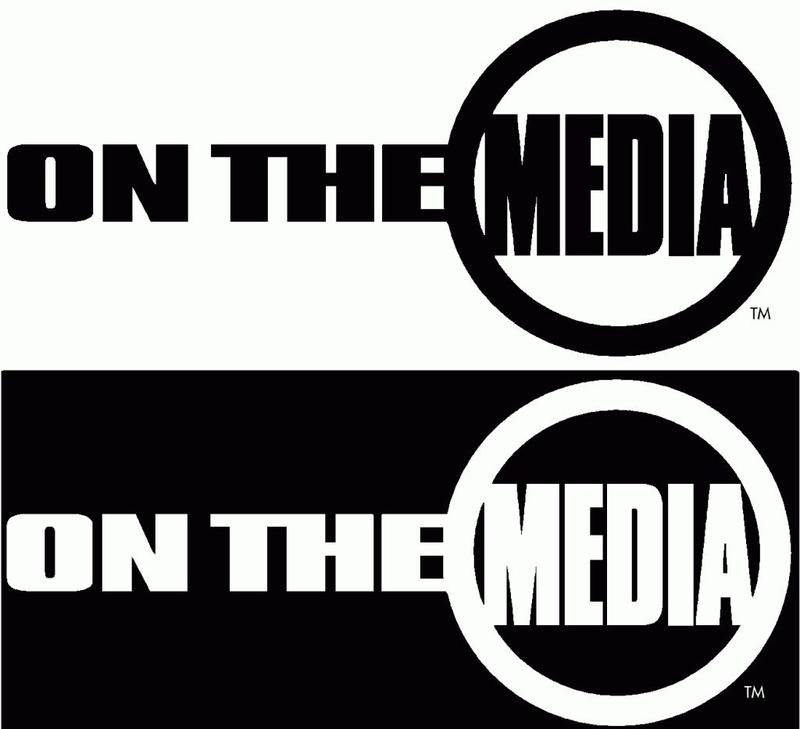 The NYPR Archive Collections
The NYPR Archive Collections
CNN & Time Retract; Wrongful Conviction; Internet Mergers; First Amendment; Blockbusters; Cincinnati Enquirer vs. Chiquita

Sunday, July 5, 1998
TIME magazine and CNN retract their story charging nerve gas was used during the Vietnam war; a Cincinnati paper renounces its own series criticizing a major corporation; host Brian Lehrer asks if there will be a lasting impact from the live press events with President Clinton in China; and journalists tell how they help overturn wrongful convictions. All that plus summer blockbusters! On the next On the Media from NPR.
Time/CNN Retraction
Time and CNN have retracted their report alleging the US used nerve gas in Laos during the Vietnam war. First Amendment lawyer Floyd Abrams was hired BY CNN to investigate the report. He joins host Brian Lehrer to explain his findings.
Banana Slip Up: The Enquirer Apologizes to Chiquita
The Cincinnati Enquirer apologized for a report highly critical of Chiquita Brand Foods. They fired the lead reporter for stealing voice mail as part of his investigation. They printed a statement saying the report had "untrue conclusions" but didn't say what those conclusions were. It's all raised thorny ethical and factual questions about this case and about what's okay and what's not in investigative reporting. And it seems to be one more effort on the part of major corporations to attack the press using legal tactics OTHER THAN libel suits.
Guests Deni Elliot to the University of Montana Practical Ethics Center and John Fox, Editor of the Cincinnati City Beat, take a look at the issue.
Writing a Wrong: Reporting That Overturns Wrongful Convictions
After serving 25 years on a life sentence for a crime she didn't commit a Rochester, New York woman was recently freed. She has a journalist to thank. Investigative reporters Gary Craig and David Protess, who've worked to free innocent people in prison, discuss why and how they do what they do.
Clinton in China
Will the President's uncensored media events in China mean a more open future for that country? Orville Schell, Dean of UC Berkeley's Graduate School of Journalism, and George Wehrfritz, Beijing Bureau Chief for Newsweek, have a free and open debate.
Commentary: Buying up the Net
Robert McChesney, Professor at the University of Wisconsin School of Journalism, says the idea of the internet as a free, open, non-commercial forum is being taken over by the realities of corporate conglomerates.
The History of the First Amendment
The Declaration of Independence spoke of life, liberty and the pursuit of happiness; the Constitution's First Amendment against restrictions on religion, speech and the press, speaks to the guarantee of democracy. OTM and Burt Neuborne, professor at New York University School of Law take a look at the First Amendment and ask if press freedoms are being more broadly interpreted these days compared to the past.
Hoping to Crash and Burn
Just how big are summer blockbusters? About the size of that meteor currently hurtling towards earth. Why is so much is riding on the back of a 400 foot lizard? And how has the blockbuster changed the way movies are made? Anne Thompson, West Coast Editor of Premiere Magazine, fills us in.
WNYC archives id: 24022